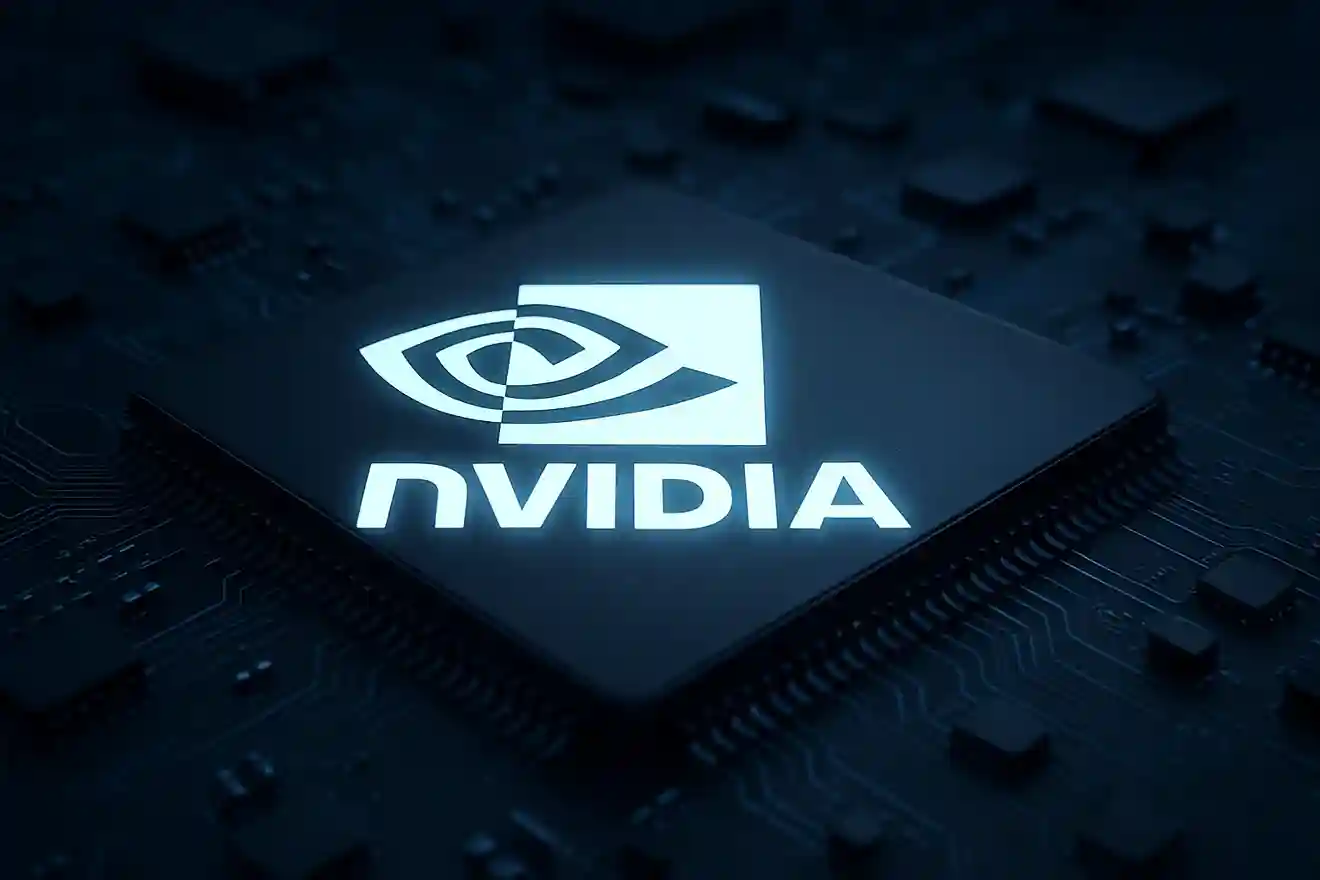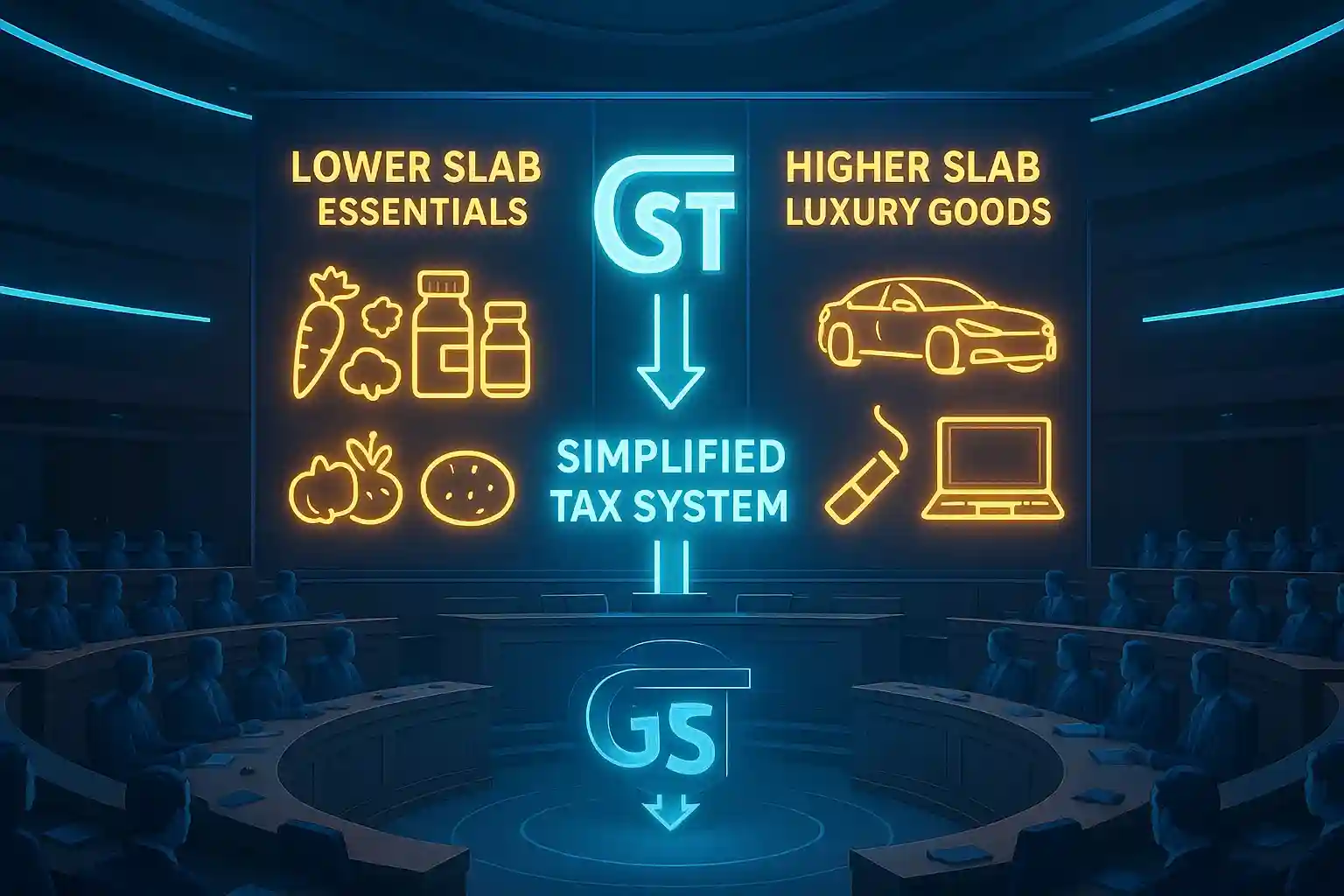From a $1B Gamble to a $100B Empire: How Instagram Became Meta's Smartest Bet

From a $1B Gamble to a $100B Empire: How Instagram Became Meta's Smartest Bet
MENLO PARK, CA – In the fast-moving world of technology, decisions are often judged in retrospect, and few have aged as spectacularly as Mark Zuckerberg's acquisition of Instagram. Today, in 2025, Instagram stands as a $100 billion-plus pillar of the Meta empire, a dominant force in culture and commerce. But back in 2012, the story was very different.
When a 28-year-old Zuckerberg spent a staggering $1 billion to buy the photo-sharing app, the tech world was in disbelief. Critics and Wall Street analysts widely clowned the move as a desperate, overpriced gamble. After all, Instagram at the time had just 13 employees, zero revenue, and a simple, filter-based function. It seemed like a bubble-era purchase destined for failure.
Fast forward to today, and that "overpriced" app has become one of the most successful acquisitions in tech history. So what did Zuckerberg see that the critics didn't?
The answer lies in a powerful vision that outpaced conventional logic. In 2012, Zuckerberg correctly identified several key shifts:
- The Move to Mobile: Facebook was born on the desktop. Instagram was born on the phone. Zuckerberg saw that the future of social networking was in users' pockets.
- The Power of Visuals: He understood that photos and, later, videos were becoming the primary language of online communication, more engaging than text-heavy statuses.
- Neutralizing a Threat: Instagram was growing at an explosive rate. By acquiring it, Zuckerberg didn't just buy an app; he bought a future competitor and integrated its fast-growing user base into his ecosystem.
Today, Instagram is one of Meta’s biggest revenue drivers, a powerhouse dominating social media, e-commerce through Instagram Shopping, and the digital advertising market, rivaling giants like YouTube. Features like Stories and Reels have become cultural phenomena, defining how a generation creates and consumes content.
What once looked like a reckless gamble is now hailed by business schools and analysts as one of the smartest tech acquisitions of all time. It's a powerful reminder that in technology, you're not buying what a company is, but what it will become. Sometimes, vision beats logic—and in 2012, Zuck clearly saw a future the rest of the world couldn't.











